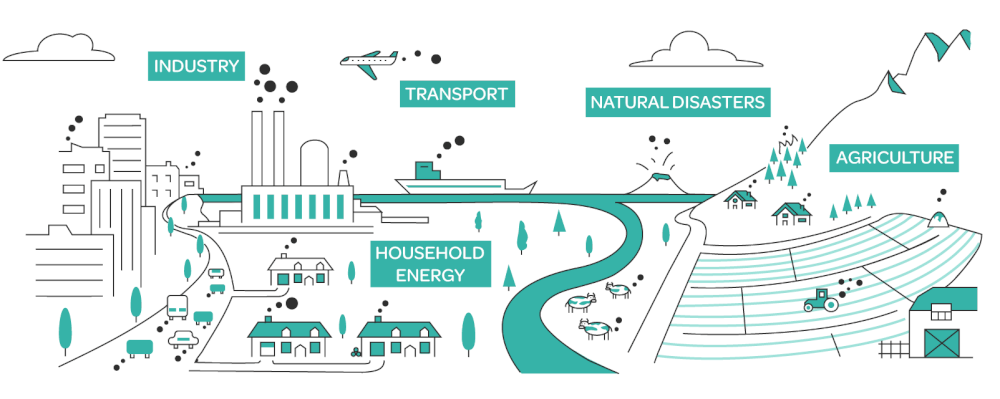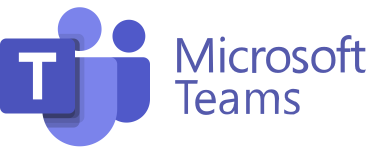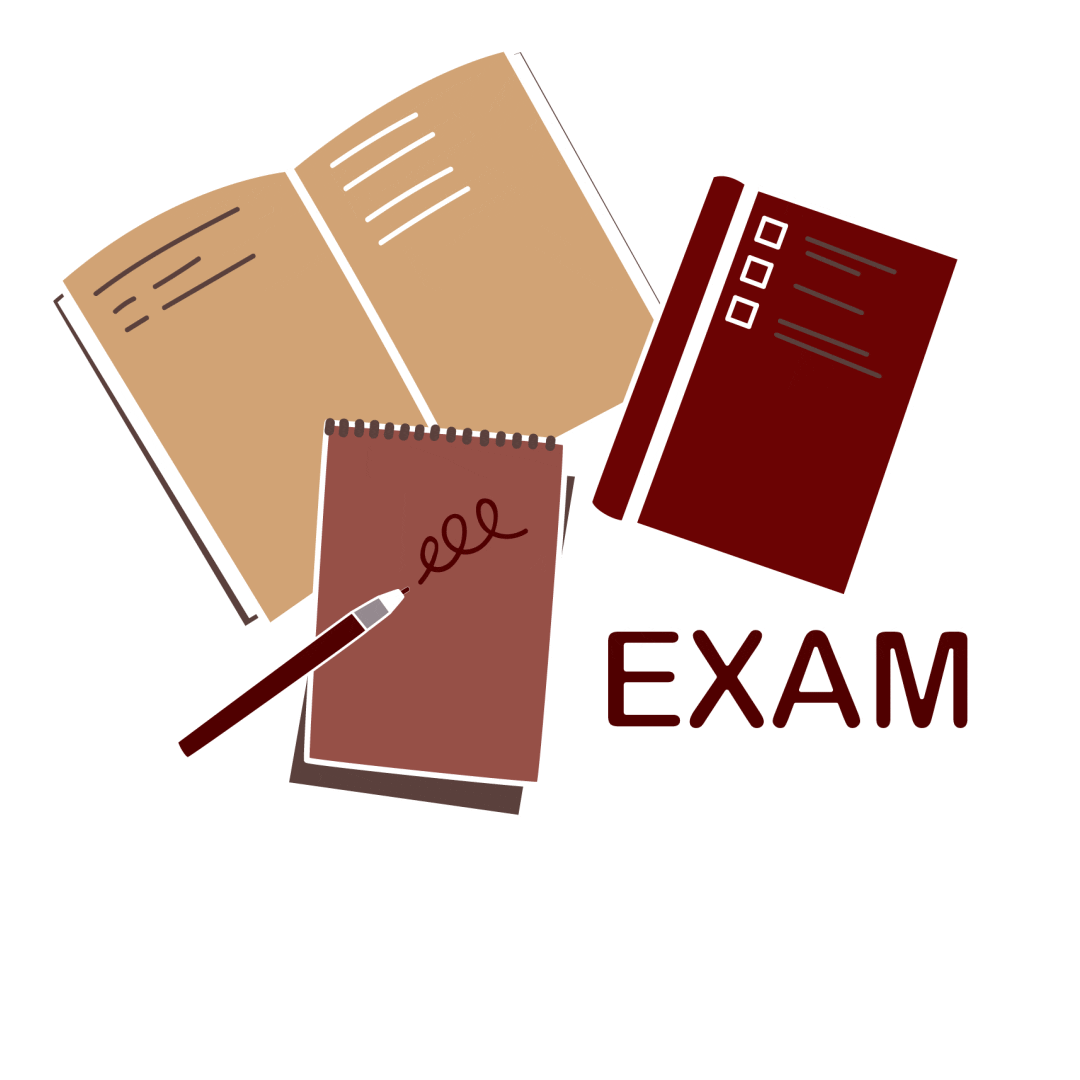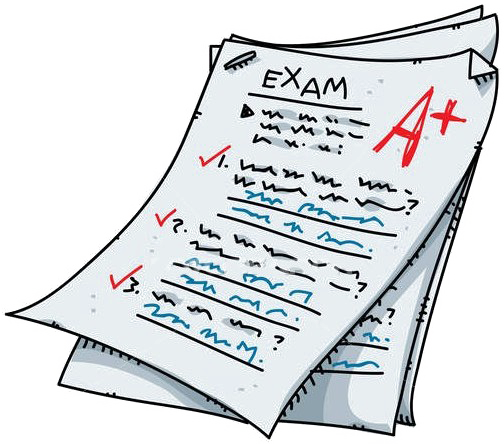Atmospheric Pollution Control AM216021 Latest Open for UCT
Section outline
-
 This course provides fundamental knowledge in the nature of atmospheric pollution, relative types, correlated effects, control principles and applications.
This course provides fundamental knowledge in the nature of atmospheric pollution, relative types, correlated effects, control principles and applications.
The interactive video conferencing-based tools are available in Microsoft Teams, Webex, and Zoom Video Communications (screen share interactive face-to-face learning).



-
Extra information associated with a particular point in a document or other piece of information
-
Contact, profile, and consultancy tools with the professor
-
General principles, pedagogy and management strategies used for classroom instruction
-
Types and grades of qualification suggested to follow the course
-
Resources used in teaching and learning to help achieve desired studying objectives
-
The amount of working time expected or assigned students
-
General endpoints of knowledge and understanding after the study
-
Function indicates that the study should completed with substantially quality and credit
-
Assessment by lecturer of all aspects of the learning experience
-
Recommended textbooks, reference books, workbooks and handbooks
-

An informal gathering where current students can learn all about
(designed openly for enrolled participants)
-
-
Activities: 1
-


Before taking a real test or exam, you are welcome to repeatedly practice with this tutorial version, in multiple attempts.
This is a demo version to:
+ check that your device meets the requirements of the network, browser and operating system.
+ familiarize with the interface/layout displayed and navigation during the test or exam.
+ be trained to the structure, types, format and behaviour of questions
+ verify that everything/yourself is prepared properly.The questions in this tutorial/demo version are not related to the course syllabus!
Please feel free to contact the lecturer if you would have any further question, comment or suggestion.
Thank you! -
Final exam Quiz


This is a quiz-based final exam.
The exam comprises questions based on the course syllabus, solid knowledge and levels of understanding.+ The exam has an independent numerical marking and assessment scheme.
+ Grading method of exam/ re-exam: best attempt/highest score (not last attempt nor average score).+ In each attempt, a random question set is automatically generated from the question database, by a computer algorithm.You have approximately 30 minutes to complete.
All the best!
-
-
Activities: 0
